
October is a big month for credit unions, and it certainly is for us! October 11 is CU Forward Day and October 21 is International Credit Union Day. We will be observing both days throughout the month in various ways. In addition to observing these credit union holidays, we also want to acknowledge World Mental Health Day on October 10.
Credit unions are known for being deeply rooted in their communities, and NorthRidge follows that principle closely. We have been serving the Iron Range since 1957 and are continuing to grow with our communities. CU Forward Day is a day for credit unions to give back to their communities, and we will do just that! While October 11 will actually be utilized as an all-team training day, October 12 we will be conducting some fun “Pay it Forward” services around our communities to recognize CU Forward Day. You might run into one of us at the grocery store, gas station, or even the laundromat!
To celebrate International Credit Union Day, we are hosting a week-long member appreciation event from October 18 to October 22. All our members are encouraged to join the fun! Find out all the details here.
And finally, last but not least, we are also conducting a food and winter clothing drive from October 8 until October 22 to donate to food shelves in Aurora, Virginia, Hibbing, and Ely. Clothing donations will be made to local Salvation Armies and local schools with students in need of warm clothes. Please consider donating a non-perishable food item(s), or new waterproof winter hats and gloves, or a new or gently used winter coat. Monetary donations can be made with any of our frontline staff as well.
If you are looking for other ways in which to give back this fall and into the holiday seasons, here is an excellent resource you can turn to for volunteer ideas and opportunities! Just enter your City, State or Zip Code and you will see a list of opportunities on how you can help.

HIBBING: We are moving! Spring 2022!
We have purchased the parcel of land at 4125 9th Avenue West in Hibbing for our branch’s new location. The new building will allow us to serve members even better by providing more space, a lounge area, a drive-thru, an ATM, and more on-site staff.
“We are excited and happy to be able to invest in the community of Hibbing and our members located there,” NorthRidge President, Nicholas Mathiowetz, talks about the new building, “This new office will bring services that our current office does not have, and will have much more space. We hope this will stimulate some additional new development along the Highway 169 corridor in Hibbing.”

Looking for some yummy treats to make for Halloween?

Try out these yummy pumpkin rice crispies!
What you need:
- 6 Cups Rice Cereal
- 3 Tbs Butter
- 1 Bag Mini Marshmallows
- Red and Yellow food coloring (To make orange!)
- Tootsie Rolls
- Green/Blue Fruit Roll Ups (For leaves, optional)
How to make them:
First, melt your butter in a large saucepan over low heat – the lowest you can go!
Add in the mini marshmallows and stir constantly until melted, not stopping until its all melted and creamy. Then remove the marshmallow mix from heat and add about 4 drops of red food coloring and 2 drops of yellow food coloring. You may need to add more red or yellow to get a nice bright orange.
Mix in the rice cereal.
Form small to medium sized rice balls, it is up to you how large you want your pumpkins! (Tip: Add a non-stick cooking spray to your hands before forming your balls)
Cut Tootsie Rolls in half and while your pumpkins are still warm, add the half Tootsie Roll to the top.
Finally, cut small leaves from the green portion of your Fruit Roll Up and lay on the top of your pumpkin next to the Tootsie Roll stem!
Enjoy!

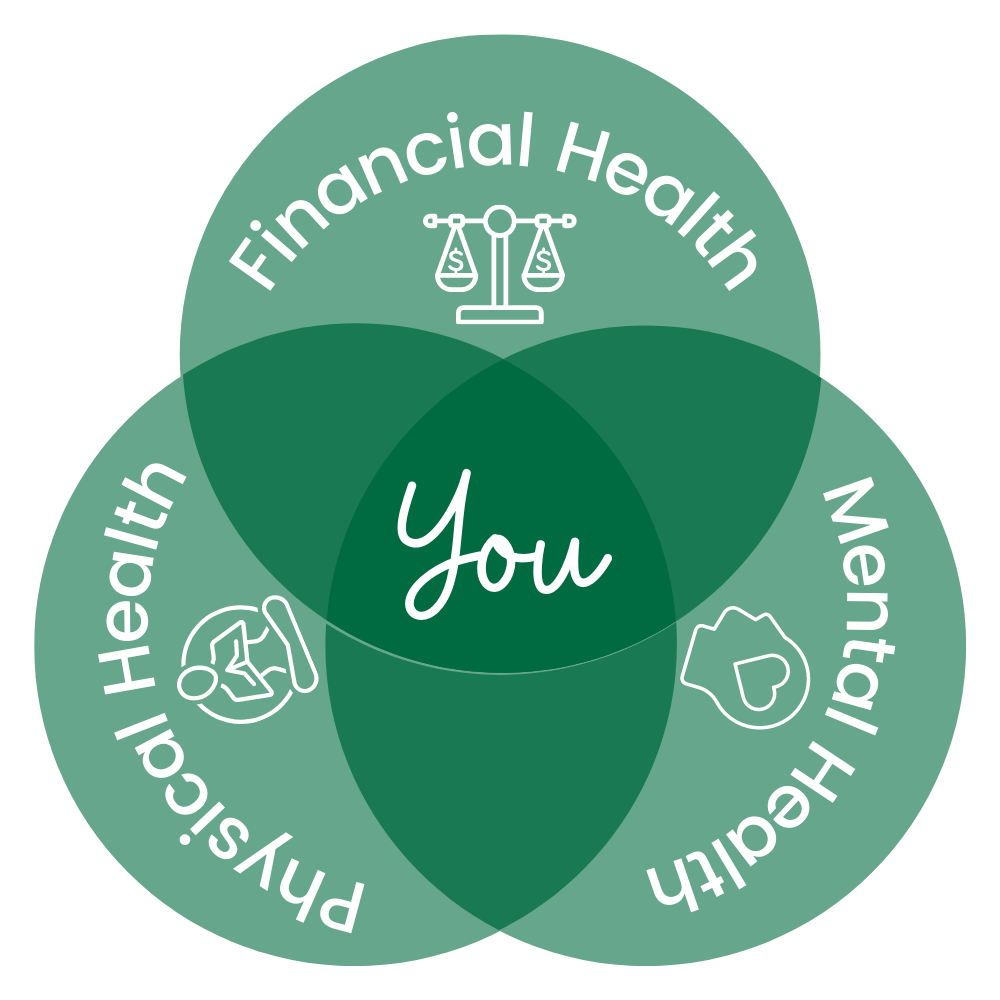

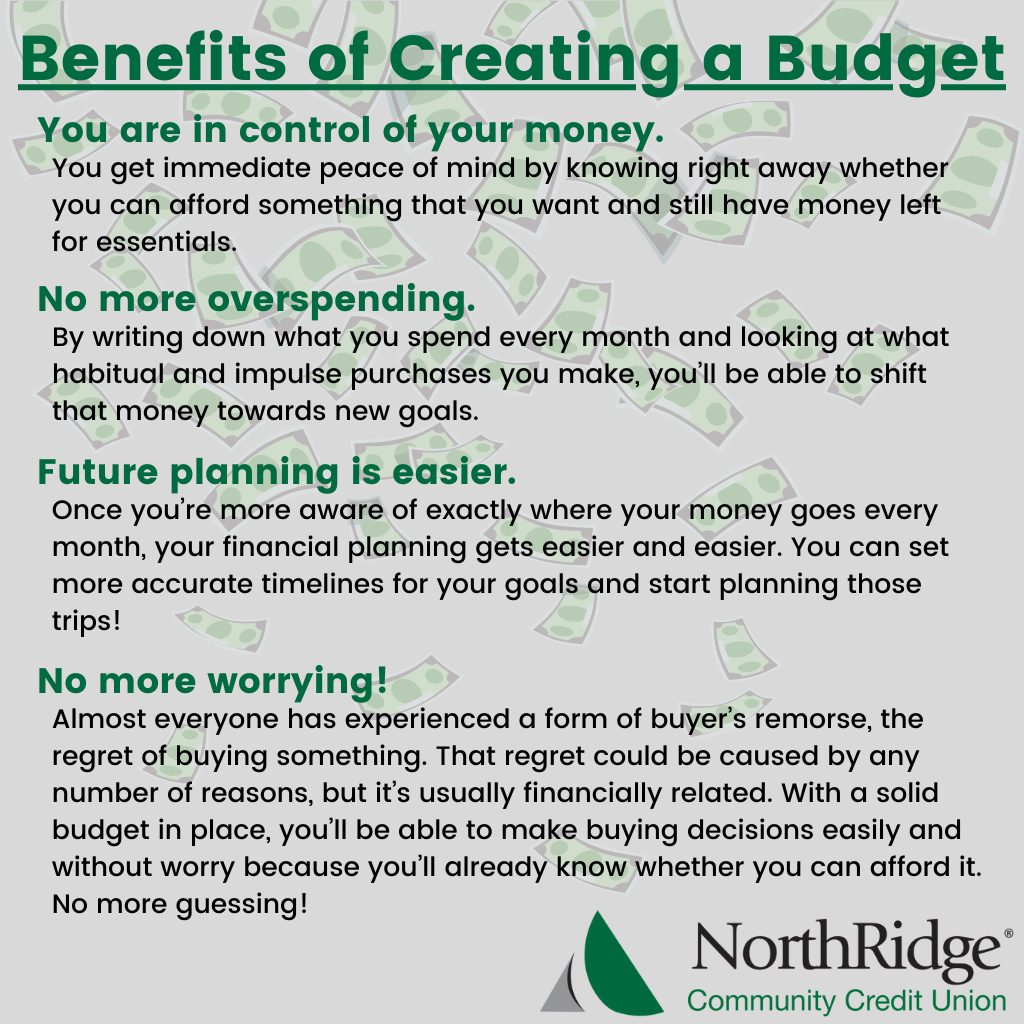
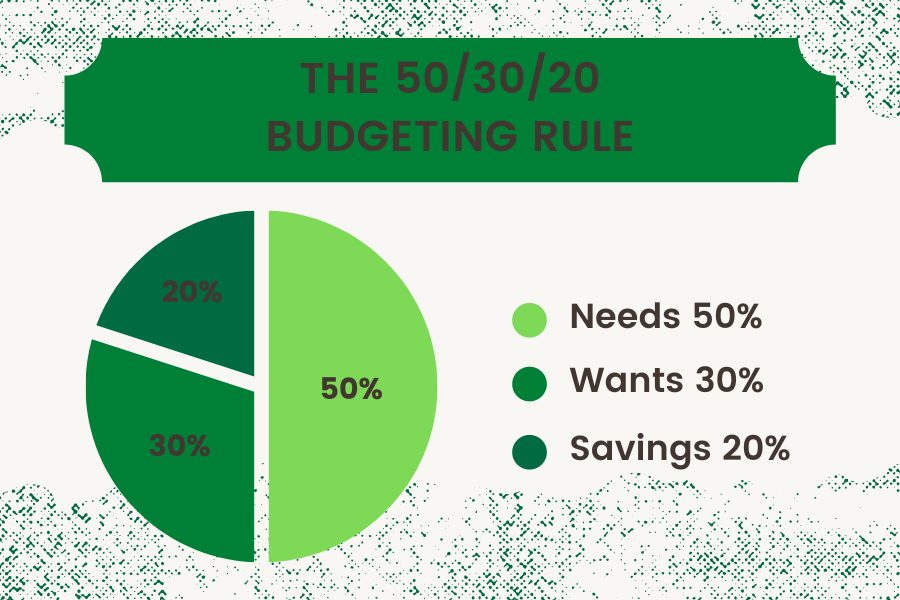
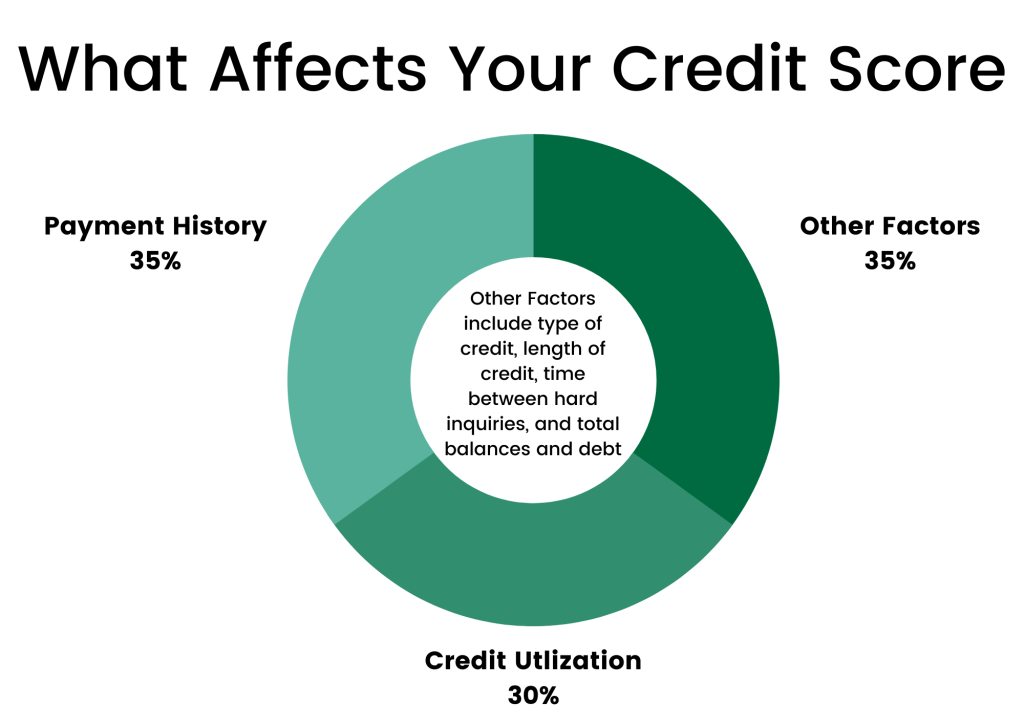
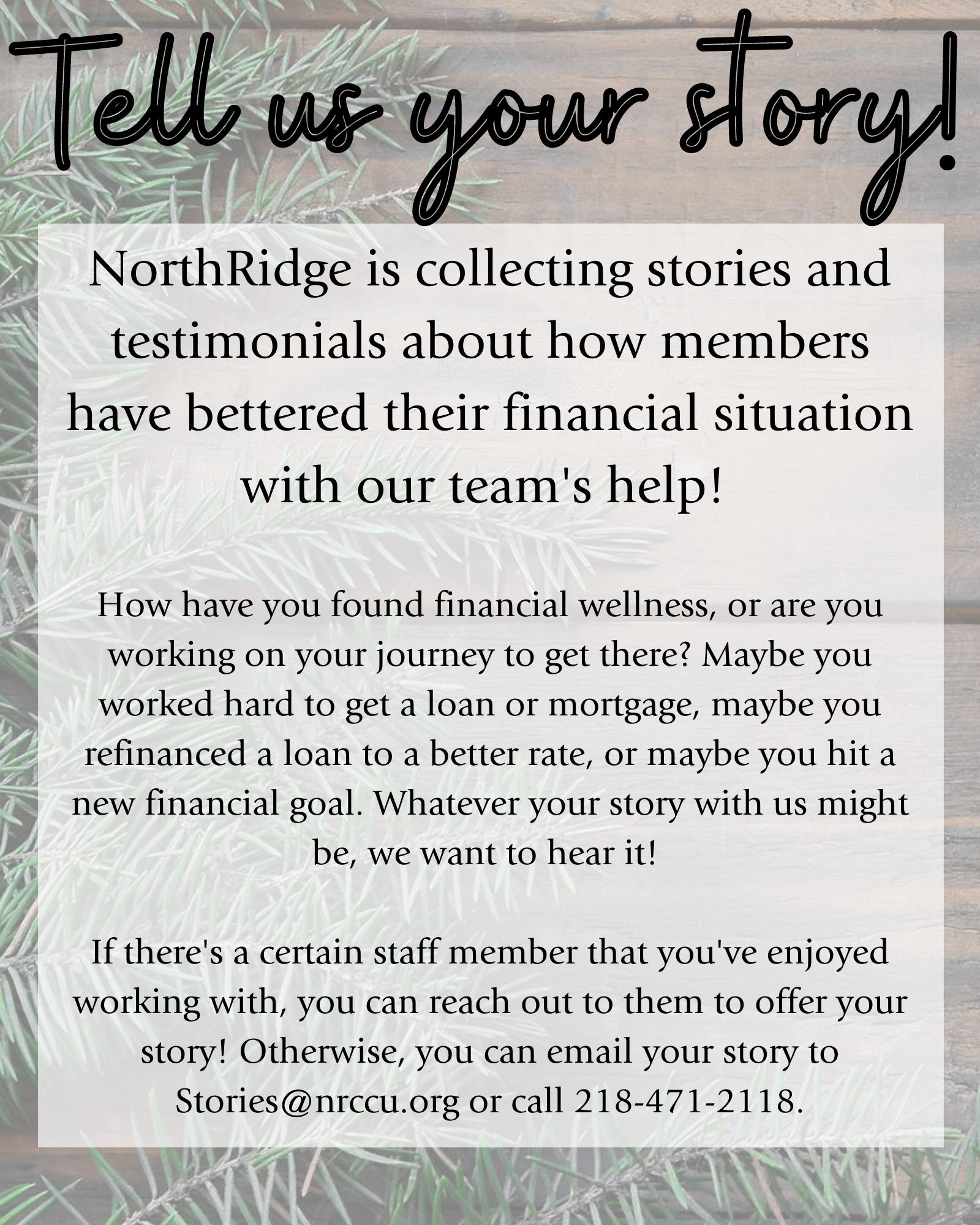

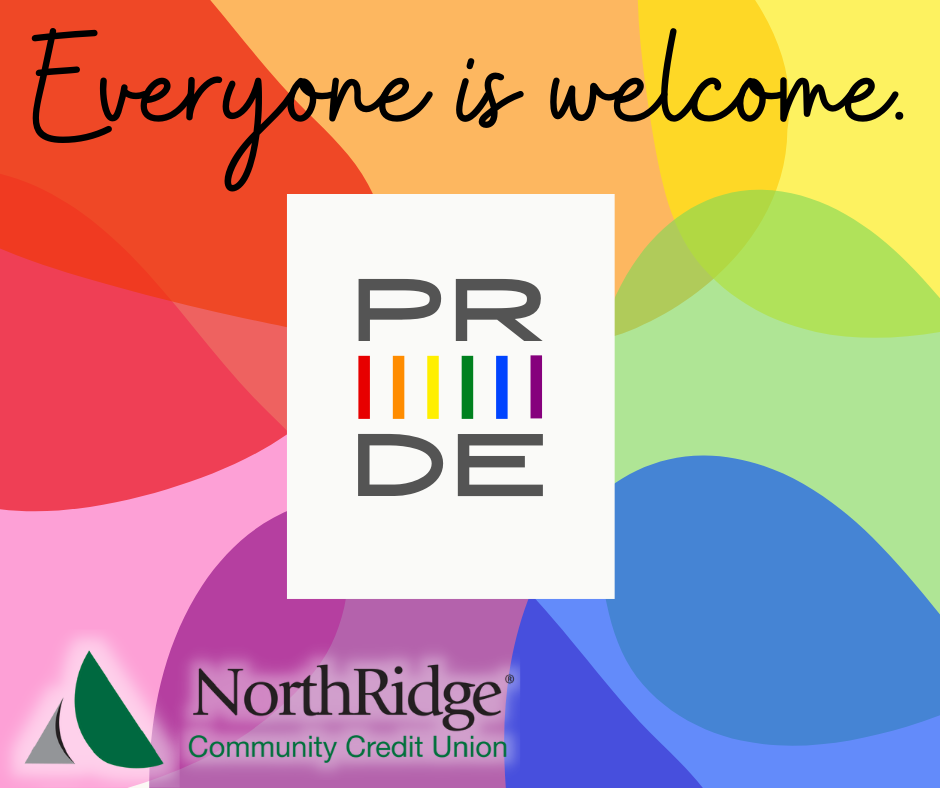


Recent Comments